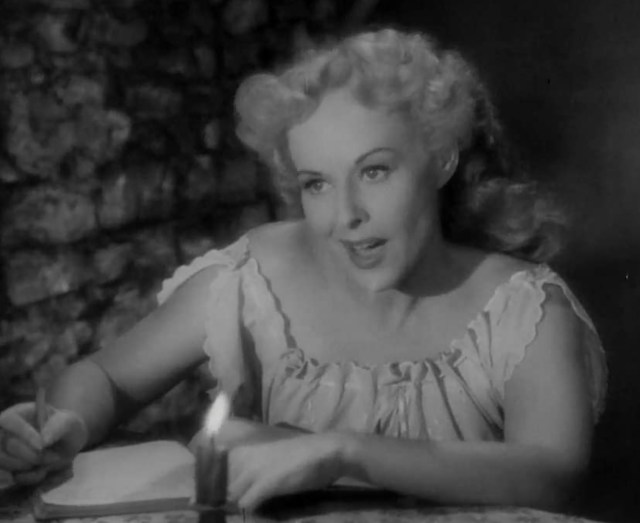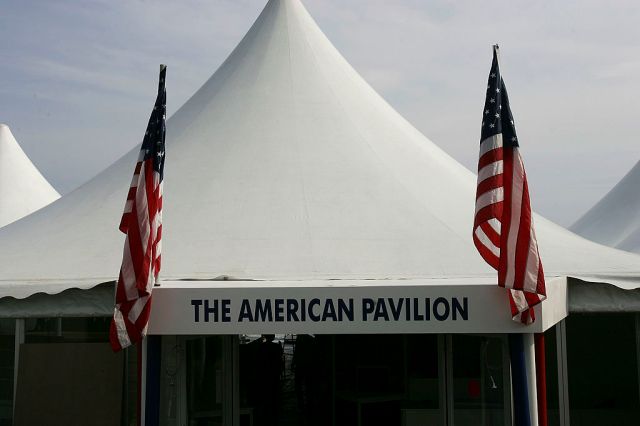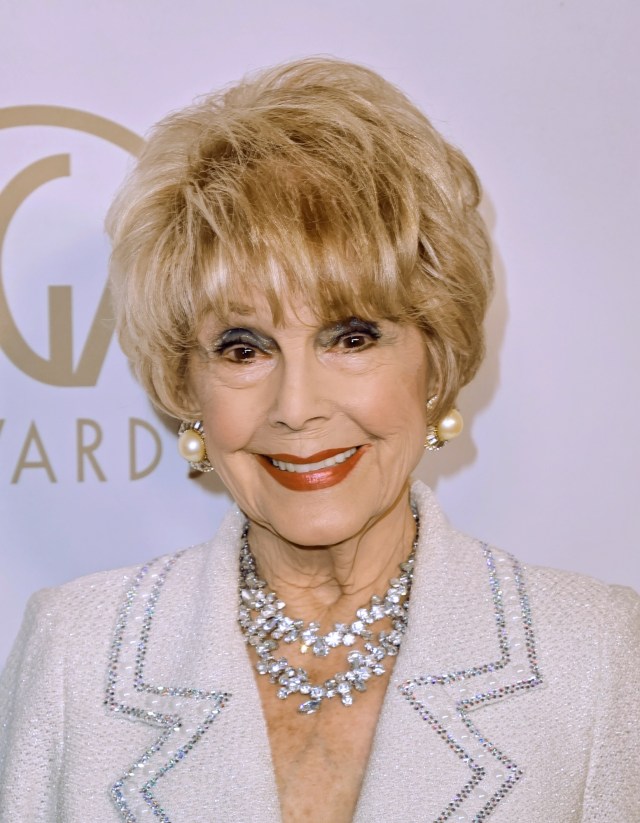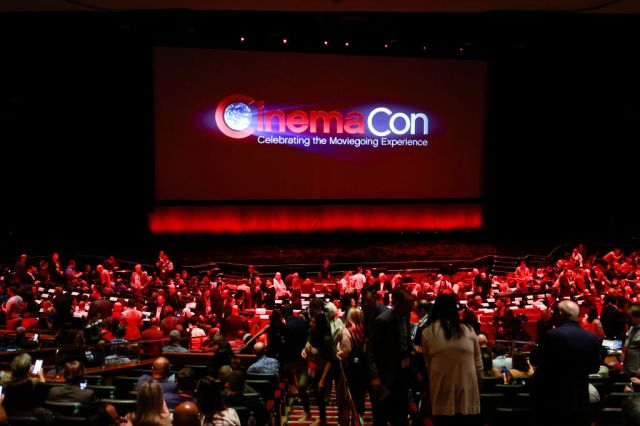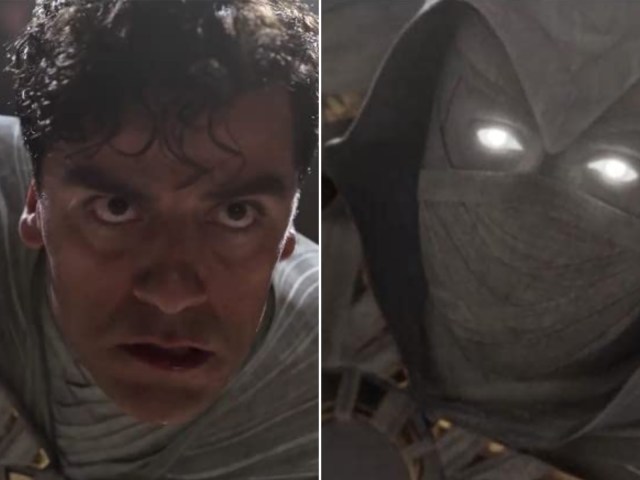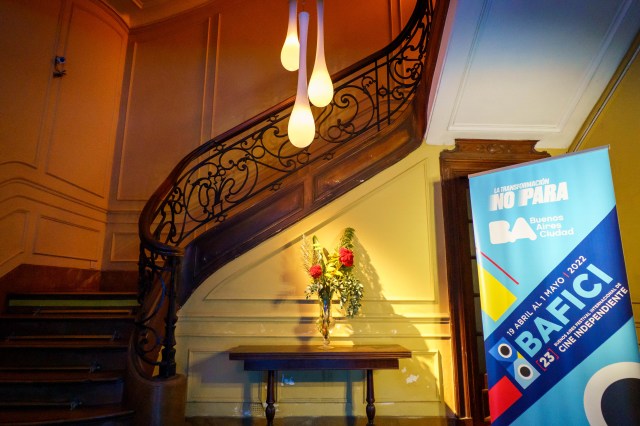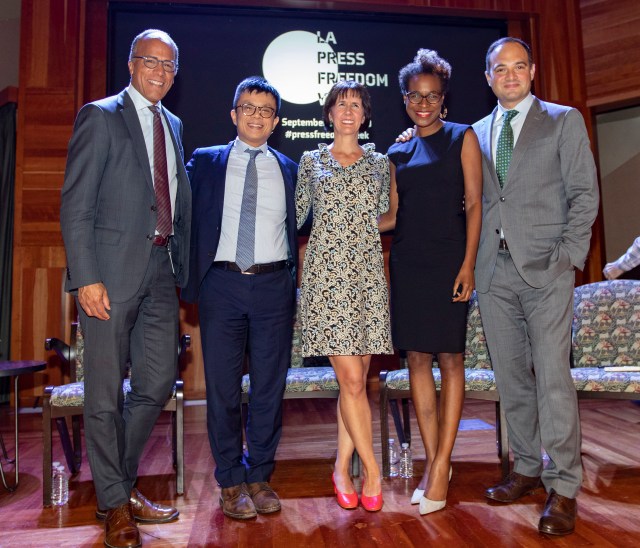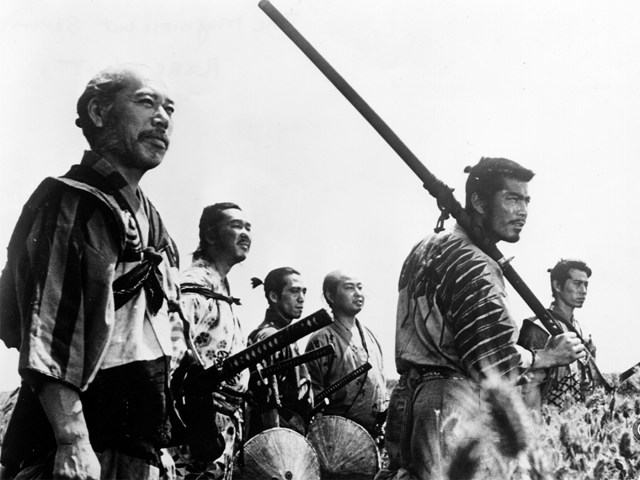- Industry
Restored by HFPA: “The Diary of a Chambermaid” (1946)
The poster for director Jean Renoir’s 1946 film Diary of a Chambermaid shows a large photo of Paulette Goddard wearing a (very short) maid’s uniform and a knowing smile, holding up a key and resting her arm on a very large book (the diary) against a bright yellow background. Elsewhere on the poster are pictures of her embracing three different men.


